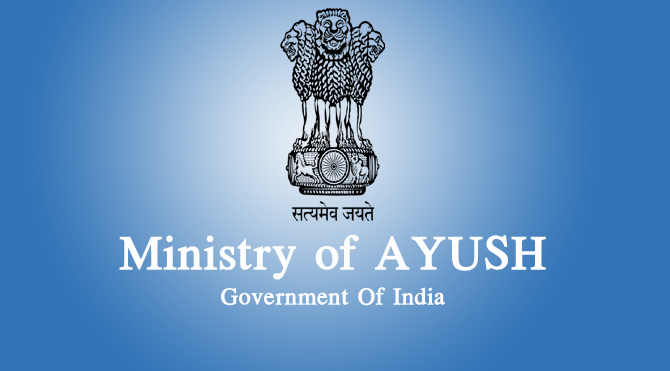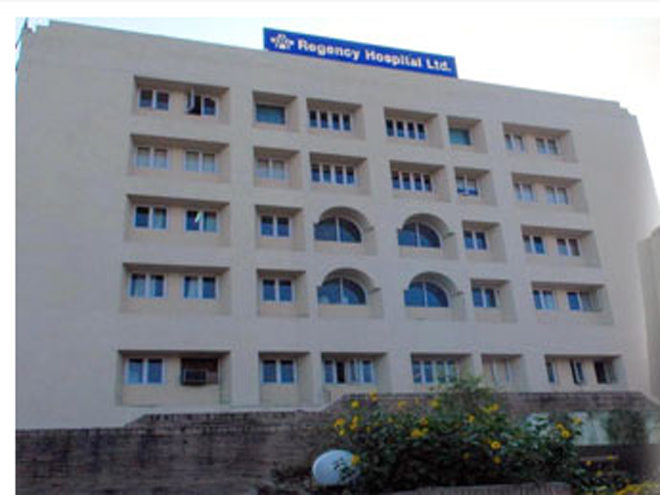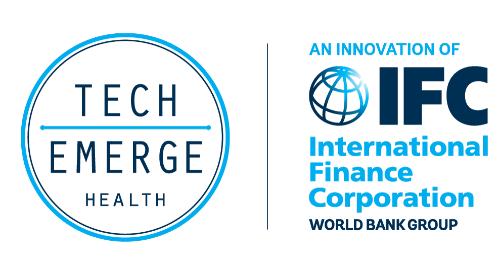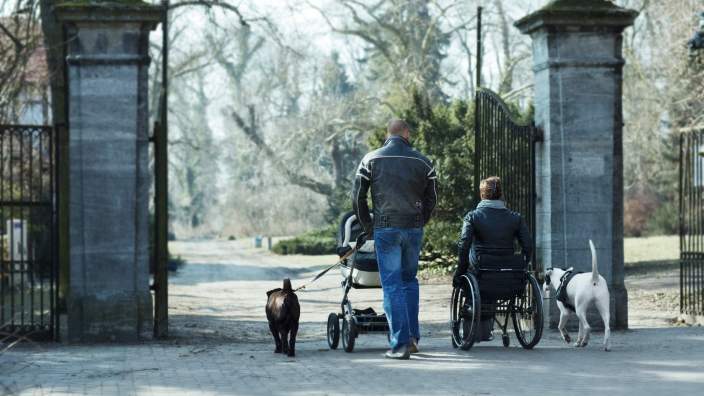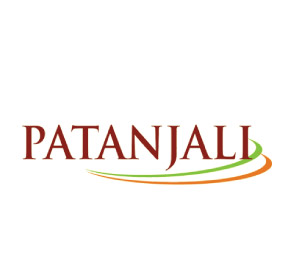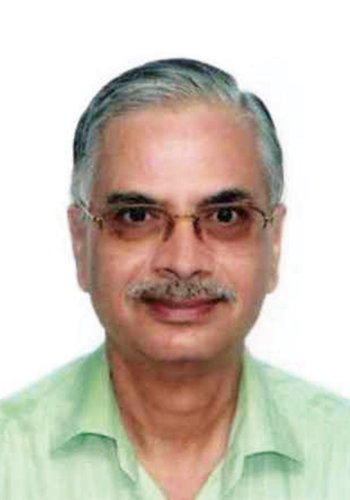
Dr TS Jain, Medical Director of Pushpanjali Crosslay Hospital, in conversation with ENNs Rajesh K Sharma, talks about ensuring quality healthcare to every patient.
Please tell us something about Pushpanjali Crosslay Hospital.
Pushpanjail Crosslay hospital is a multi super specialty hospital. We provide all services including Surgery, Medicine, Cardiology, Cardiac Surgery, Neurology, Neurosurgery, Plastic Surgery and Oncology. We currently have 350 beds.

How do you combat nosocomial infections at the hospital?
The disposal of bio-medical wastes is one way of preventing nosocomial infections. In addition, we also have a hospital infection-control committee. It is headed by the head of Micro-biology, and the heads of all the clinical departments are its members. We also have infection control nurses who ensure that no infection takes place inside the hospital. Hand washing is the most effective way of preventing nosocomial infections. Besides the washing, we employ alcohol-based hand rubs at all the important areas in the hospitals. Before and after touching the patients for a procedure, everyone is required to hand rubs. We also have barrier nursing, so that there is no spreading of infection from one place to another. These are the measures taken to prevent the spread of hospital acquired infections.
Please throw some light on the latest technologies that you have introduced at Pushpanjali Crosslay.
We have the most advanced oncology centre. We have just installed Image- Guided Radiation Therapy (IGRT) machines. We also have a 30-channel Brachytherapy unit for cancer. We also have advanced Cardiac Surgery centres at our premises. We have a nuclear medicine lab. We have all the latest gadgets including MRIs and CT Scans. At Pushpanjali, we also have the Pushpanjali Wellness Centre, where we have various health packages. Our blood bank is one of the most modern blood banks. We take care to minimize the diseases that spread through blood like HIV/AIDS, Hepatitis B, Hepatitis C. We also perform Nucliec Acid Testing (NAT) on all blood samples to detect harmful infections at an early stage. NAT reduces the window period of testing to as little as one week. This is how we provide a safe blood transfusion.Of late, we have started telemedicine services at Pushpanjali Hospital. We have a centre near Rudrapur in Uttarakhand. When patients come to our doctors for consultation there, they have the option of consulting the doctors from here as well. If necessary, the patients medical images are shared via video conferencing. The doctor, here, can talk with the patients and advise them. In smaller centres, specialists may not be available. But with teleconferencing, the doctor can consult with specialists in a particular field.
In your opinion, does investing in healthcare technologies bring down the cost of healthcare?
Unfortunately, healthcare input costs are very high now-a-days, because the cost of machines runs into crores. In addition, a large infrastructure needs to be developed with a large manpower. The advanced medicines needed these days are also very costly. I agree with you that patient care is fairly costly. However, we do try to minimize the cost to the patient as far as possible. Though we are not legally obliged to provide free treatment to our patient, there is a clear-cut instruction from our chairman that no patient will die in this hospital just because he doesnt have any money. This is very important to us, and for this, we have floated the Pushpanjali Trust which is a charitable trust. So, if we get poor patients, they are treated through the Trust. We charge the patient only for the medicines, and everything else is provided free.

The government laid emphasis on health in the 12th FYP. How successful do you think the government has been?
The health infrastructure is fine, but there is still a long way to go because the number of beds and health personnel in the country is dismally low. People say that private healthcare is very expensive as compared to government hospitals, but if you compute the total cost of g government hospitals, the infrastructure cost, the equipment, the staff salaries, then the per-bed cost of government hospitals is higher than the private hospitals. When the government hospitals calculate their per-patient costs, they dont take into account the huge infrastructure costs and the money that is being paid as interest on it. But effectively, the per patient cost incurred in a private hospital is much less than the per-patient cost incurred in a government hospital. The only difference is that in a private hospital, it is the patient that has to pay while in government hospitals, it is the government that pays.
The government is also promoting the PPP model for improving healthcare. Whats your take on that?
Recently, the Delhi Government wanted to start super specialty hospitals on the PPP model, but their terms and conditions are so one-sided that nobody bid for them. It has been years that these hospitals have been lying unused, but the government has not been able to get any private partner to deal with them. In the other schemes that the government runs, the rate it provides is so abysmally low that most hospitals cannot afford it and most good hospitals dont even entertain ESI and CGHS patients. I wonder how the hospitals that do provide these facilities survive.
Please tell us about Pushpanjali Hospitals medical tourism initiative.
We have patients coming from Middle East and African countries as well as from Russia. At any given time, we have five to six international patients admitted at our hospital. There are some agencies that do promote medical tourism, but we feel that the best marketing strategy for us is when a patient is satisfied with our services and recommends us to other patients.
Does Pushpanjali Hospital go to foreign countries for promoting its services?
As of now, we dont do it, because such things require a lot of investment. But the patients that come to us end up becoming our agents when they recommend us to other patients. There are a few people who represent us, but I sincerely feel that the best marketing for us is a satisfied customer. We dont promote our services outside like the bigger hospitals do, but we are in advanced talks with the Government of Gambia over the possibility of setting up a hospital there. Also, we are planning to have an exchange programmes with some of the Russian states, whereby their doctors and para-medics can come here for training.
Be a part of Elets Collaborative Initiatives. Join Us for Upcoming Events and explore business opportunities. Like us on Facebook , connect with us on LinkedIn and follow us on Twitter , Instagram.




